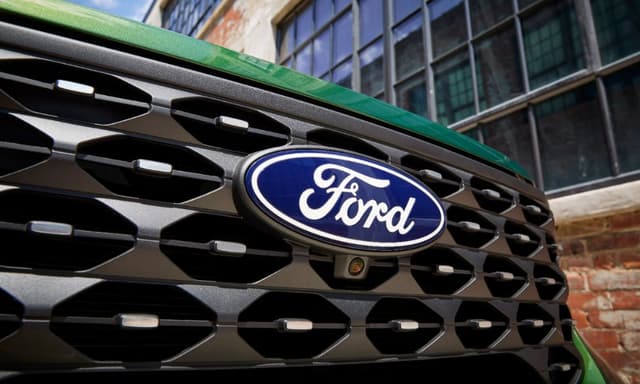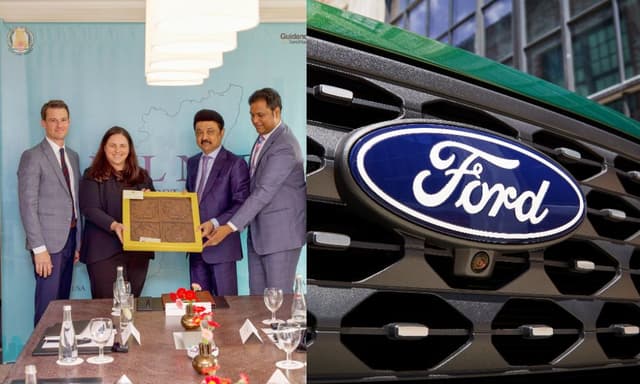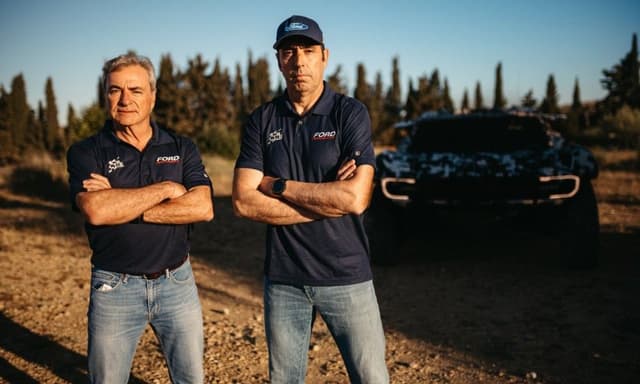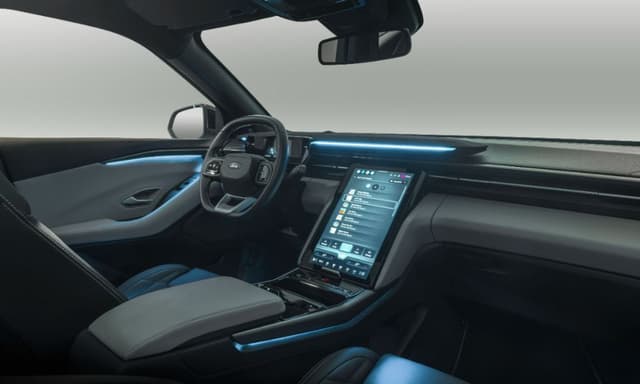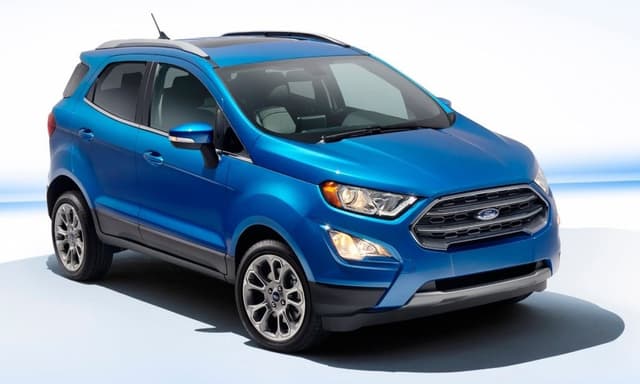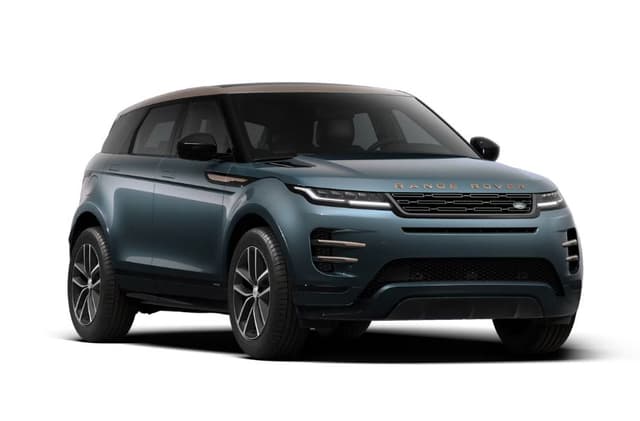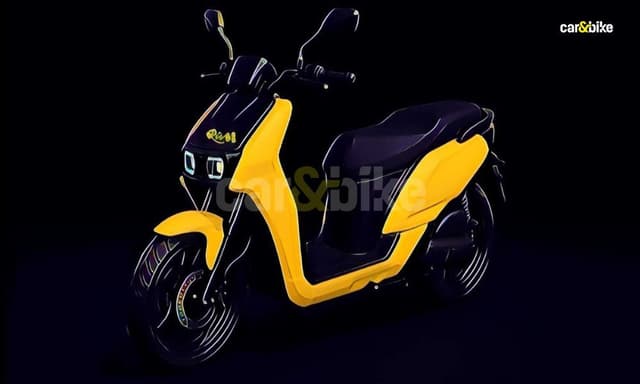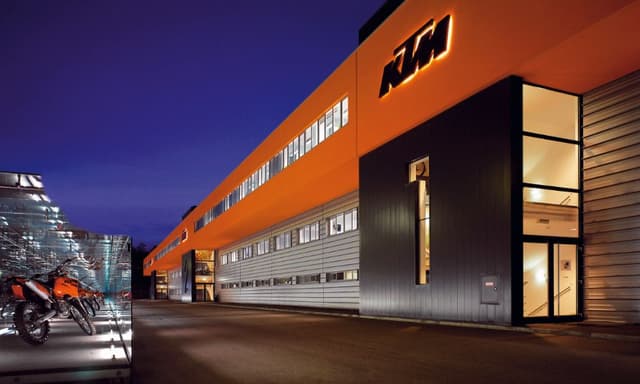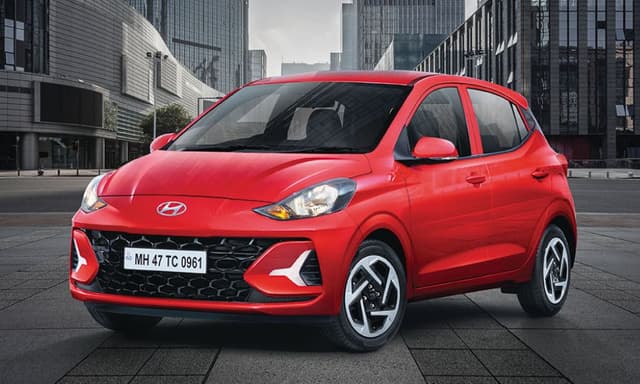Ford Inks Argentina Lithium Supply Deal With Lake Resources

Highlights
Ford Motor Co said on Monday it has signed a preliminary deal to buy lithium from a Lake Resources NL facility in Argentina, marking the first time the automaker has publicly announced where it will procure the electric vehicle battery metal.
The deal is a major bet by Ford on direct lithium extraction (DLE), a relatively new breed of technologies that filter the metal from brines and use far less acreage than open-pit mines and evaporation ponds.
General Motors Co, BMW, Stellantis NV and other Ford rivals have inked supply deals of their own with companies planning to use DLE technology.
Ford aims to buy 25,000 tonnes annually of the white metal from Lake's Kachi project in northern Argentina, which is being developed with privately held extraction startup Lilac Solutions Inc.
Lilac's technology, like all DLE technologies, has yet to work commercially, though it has the support of Bill Gates' Breakthrough Energy Ventures and other high-profile investors.
The agreement between Lake and Ford is nonbinding and would need to be finalized to include a specific delivery timetable.
Ford Chief Executive Jim Farley said in February that his company was working on deals to secure supply of key raw materials for batteries such as lithium, nickel, rare earths and copper.
"This is one of several agreements we're exploring to help Ford secure raw materials to support our aggressive EV acceleration plan," said Ford spokesperson Jennifer Flake.
Sydney-based Lake Resources is listed on the Australian Stock Exchange, which requires supply deals to be publicly disclosed.
The Kachi project, in northern Argentina near the Chilean border, is expected to cost about $540 million and open by 2024.
Lilac's technology uses 10 tonnes of water for every tonne of lithium produced. Lilac has said it could use a desalination plant to filter brackish water to avoid using potable water.
(This story has not been edited by NDTV staff and is auto-generated from a syndicated feed.)
Related Articles
Latest News
- Home
- News
- Auto Industry
- Ford Inks Argentina Lithium Supply Deal With Lake Resources
